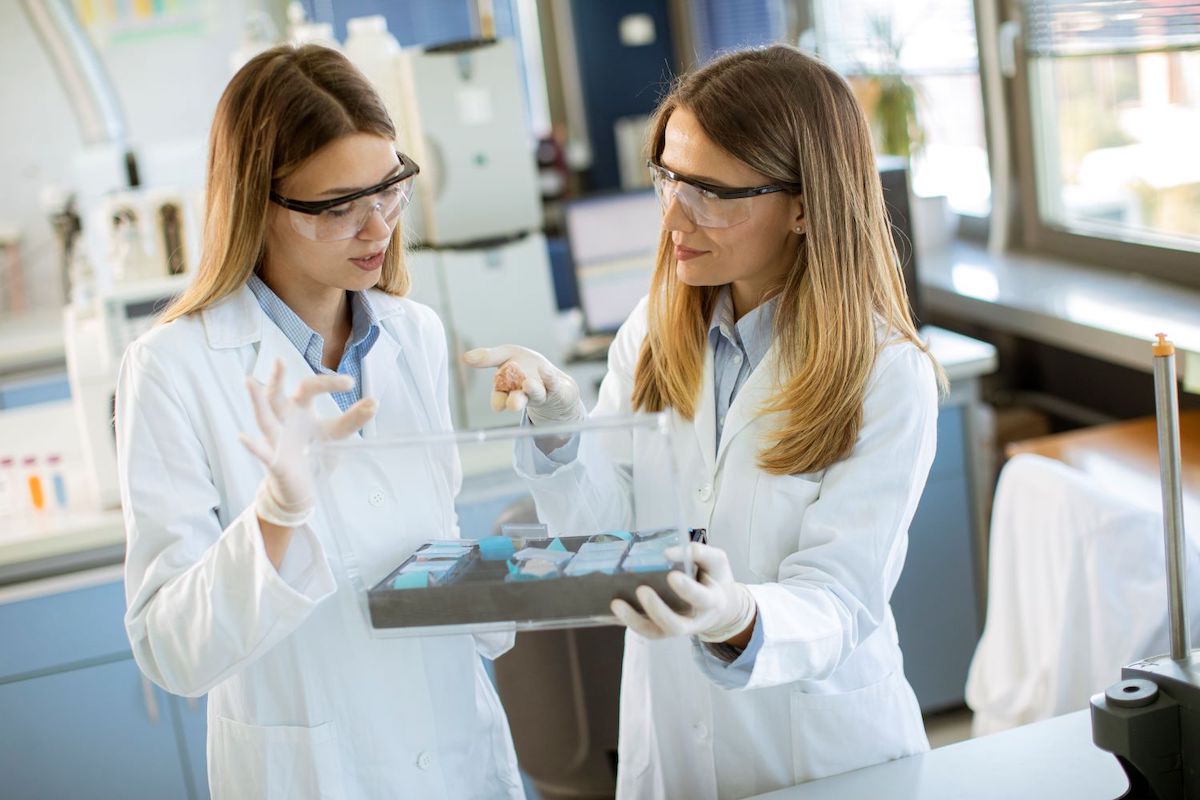Channels
Special Offers & Promotions
Equipping the sustainable laboratories of the future

New whitepaper explores how the lab industry can improve sustainability in ways that improve experimental output and save money
The UK’s largest distributor of scientific instrumentation, SciMed, has released a new whitepaper that shares advice with the laboratory industry on ways it can become more sustainable without increasing costs or harming experimental efficiency. These include reducing the use of harmful solvents in procedures such as separations and extractions and using new technology that reduces utilities consumption in lab environments.
The Royal Society of Chemistry’s sustainable laboratories report found that 84% of respondents agreed or strongly agreed that they would like to do more to reduce the environmental impact of their day-to-day scientific work. However, many worry that this requires significant financial investment and experimental results might be negatively affected.
Research labs are complicated environments, and it is not always clear what can be done to improve sustainability. SciMed’s new whitepaper eases the confusion by outlining several ways that academic and industrial labs can become more sustainable. Furthermore, it explains how these changes can lead to significant improvements in experimental efficiency and reduce ongoing operational costs.
“We have identified three key areas where scientists can improve sustainability without prohibitive costs or by negatively impacting experimental results,” explained Paul Vanden Branden, director and product manager at SciMed. “The first way of improving sustainability is by reducing utilities consumption. For example, new ICP-MS instruments that use significantly less argon than traditional instruments allow labs with high argon usage to save upwards of £5,000 per year on argon while improving sustainability.
“The other methods of improving sustainability include increasing the use of green solvents, such as supercritical CO2, for experiments such as separations and extractions. This will reduce the reliance on hazardous and environmentally damaging solvents like hexane without impacting the results obtained.
“Next, scientists can increase the use of field-based analytical instruments instead of outsourcing chemical analysis to commercial laboratories. Many field instruments are available that provide experimental results comparable to lab-based techniques faster and using less harmful chemicals, while also minimising transportation requirements. This also comes with the added benefit of saving significant sums of money as outsourcing needs are drastically reduced.”
About SciMed
Since its founding in 1979, Scientific & Medical Products (SciMed) has been a highly successful distributor of laboratory and process equipment. It exclusively represents a number of leading manufacturers in the UK and Ireland and has recently been appointed the distributor for several companies in France and other selected regions around Europe. The company’s focus is on the promotion, sales, service and support of innovative and world-class products to customers in industry and academia.
Media Partners


